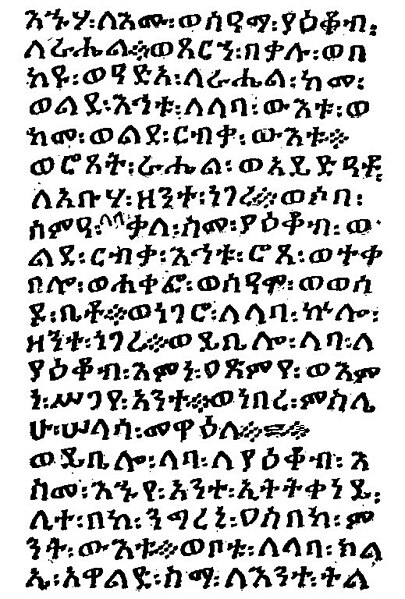Infinite photos and videos for every Wiki article ·
Find something interesting to watch in seconds
Celebrities
Great Museums
Rare Coins
Countries of the World
Presidents
Supercars
Richest US Counties
Kings of France
World Banknotes
Ancient Marvels
Largest Palaces
Great Cities
Best Campuses
Famous Castles
History by Country
Largest Empires
Orders and Medals
Tallest Buildings
Great Artists
Wars and Battles
Recovered Treasures
Wonders of Nature
Crown Jewels
Animals
British Monarchs
Sports
more top lists

![X-ray photos show the sounds [i, u, a, ɑ].](https://upload.wikimedia.org/wikipedia/commons/thumb/1/15/Cardinal_vowels-Jones_x-ray.jpg/640px-Cardinal_vowels-Jones_x-ray.jpg)


